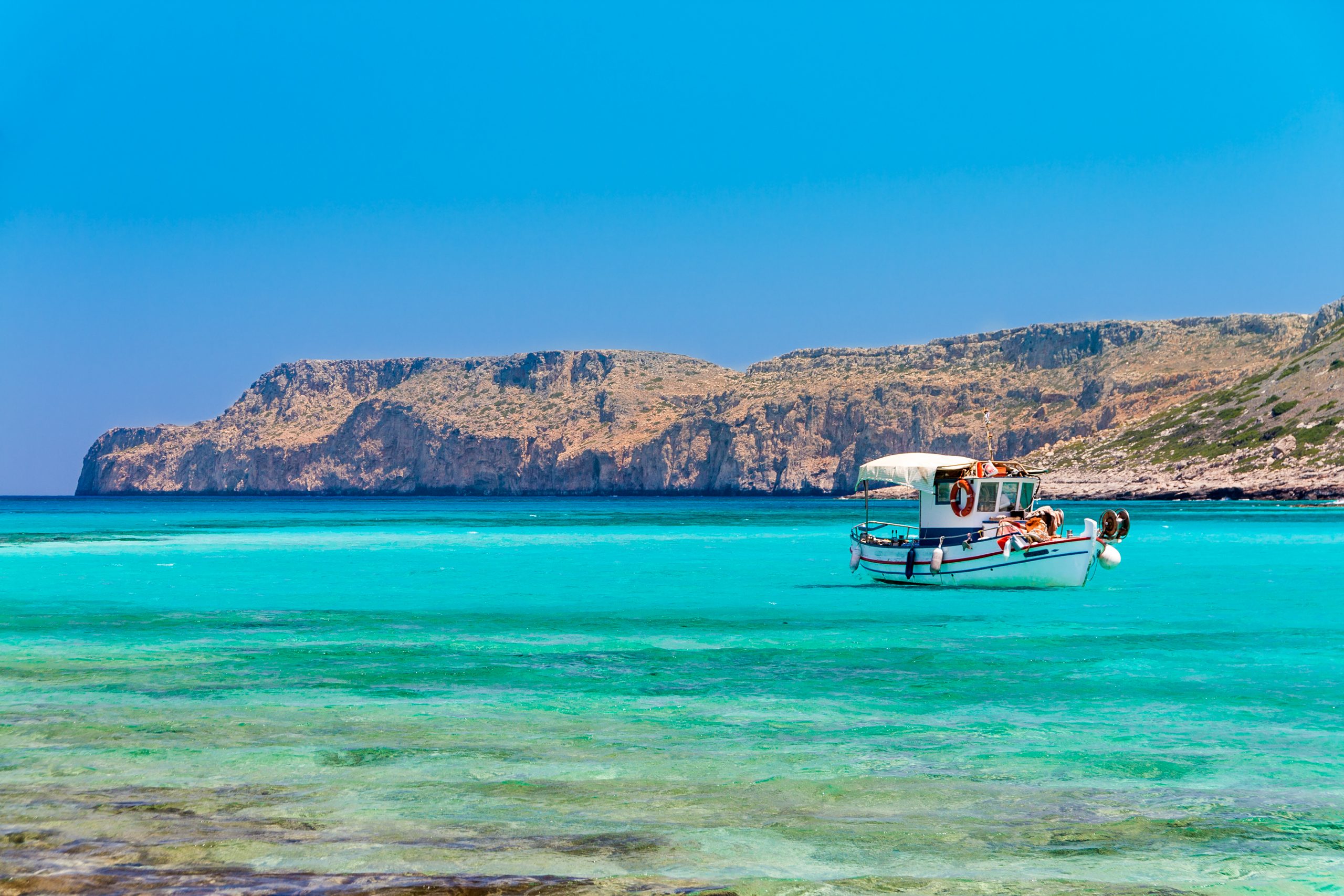
“The Greek Minister of Tourism has a big heart for Germans. The controversy over the Greek debt crisis, over the European rescue packages and austerity measures is over, forgotten. Also gone, forgotten is the arrogance of the Germans (…) Now their country is threatened with an energy crisis, with a heating crisis. Refugees looking for warmth will be able to head to the South (…)” notes Berlin’s TAZ, referring to a relevant article by Bild and the exhortations of Tourism Minister Vassilis Kikilia and Chania Mayor Vassilis Simandirakis to German pensioners.
The dream of the South, observes TAZ, has always been a lure for many Northern Europeans, who wanted to experience a different life, like the hippies of fifty years ago, who moved from Crete and Ibiza, to Goa in India. “There, they dreamed that they would never return to cold, materialistic Germany. They nervously counted expiring traveller’s checks and weren’t exactly generous in tipping locals (…) They profited enormously from low prices and created the illusion that, for some reason, people in poor countries were moving into higher spiritual realms. Locals, on the other hand, saw hippies more as lazy and stingy,” writes TAZ.
“No way out south or north”
“Today the belief that happiness is intertwined with the endless sun is obsolete, like a faded hat (…) In Crete the temperature reaches 40C degrees in the shade or even up to 44C, depending on the weather. Spain is no better. And in Germany we now have such temperatures due to climate change.” In December, Crete is predicted to have17 degrees, rain… but also an absence of heating , notes TAZ mockingly.
Read also – Tourism: Hellenic Tourism Organization’s new spot and Otto
However, just by doing simple math, it seems that it is economically advantageous for a German to move to Crete: “Sleeping in a hostel with a shared room in Chania costs 20 euros online. A total of 600 euros per month, but without food, without airfare, or anything else. So basically you save nothing compared to a few hundred euro increase in gas bills. The truth is: There is no exit either to the South or to the North. We have to endure and change reality. Because it won’t really be better elsewhere.”
Latest News

WTTC: Travel & Tourism to Create 4.5M New Jobs in EU by 2035
This year, international visitor spending is set to reach 573 billion euros, up by more than 11% year-on-year

IMF: US Tariffs Shake Global Economy, Outlook Downbeat
IMF slashes global growth forecast to 2.8% as U.S. tariffs create uncertainty and ‘negative supply shock

First Step Towards New Audiovisual Industry Hub in Drama
The project is set to contribute to the further development of Greece’s film industry and establish Drama as an audiovisual hub in the region

Airbnb Greece – Initial CoS Ruling Deems Tax Circular Unlawful
The case reached the Council of State following annulment applications filed by the Panhellenic Federation of Property Owners (POMIDA)

Mitsotakis Unveils €1 Billion Plan for Housing, Pensioners, Public investments
Greek Prime Minister Kyriakos Mitsotakis has announced a new set of economic support measures, worth 1 billion euros, aiming to provide financial relief to citizens.

Alter Ego Ventures Invests in Pioneering Gaming Company ‘Couch Heroes’
Alter Ego Ventures' participation in the share capital of Couch Heroes marks yet another investment by the Alter Ego Media Group in innovative companies with a focus on technology.

Corruption Still Plagues Greece’s Driving Tests
While traffic accidents continue to claim lives on Greek roads daily, irregularities and under-the-table dealings in the training and testing of new drivers remain disturbingly widespread

Pope Francis Died of Stroke and Heart Failure Vatican Confirms
As news of the official cause of death spread, tributes poured in from across the globe. The 1.4 billion-member Catholic Church is united in grief, remembering a pope who championed inclusion, justice, and compassion

Increase in Both Museum Visits, Revenues for 2024
As expected, the Acropolis was the top archeological site in the country, followed by Sounion, Mycenae, the ancient theater of Epidaurus, and Vergina in northern Greece

Where Greece’s Tourists Come From: A Look at 2025’s Top Visitor Markets
The United Kingdom continues to hold the top spot as the largest source of incoming tourism, with 5.6 million seats booked for Greece this summer — up 2.2% from last year. This accounts for 20% of all international air traffic to Greece
















![Ξενοδοχεία: Μεγάλο το ενδιαφέρον για επενδύσεις στην Ελλάδα – Η θέση της Αθήνας [γραφήματα]](https://www.ot.gr/wp-content/uploads/2025/03/Athens-hotels-90x90.jpg)
























 Αριθμός Πιστοποίησης
Αριθμός Πιστοποίησης